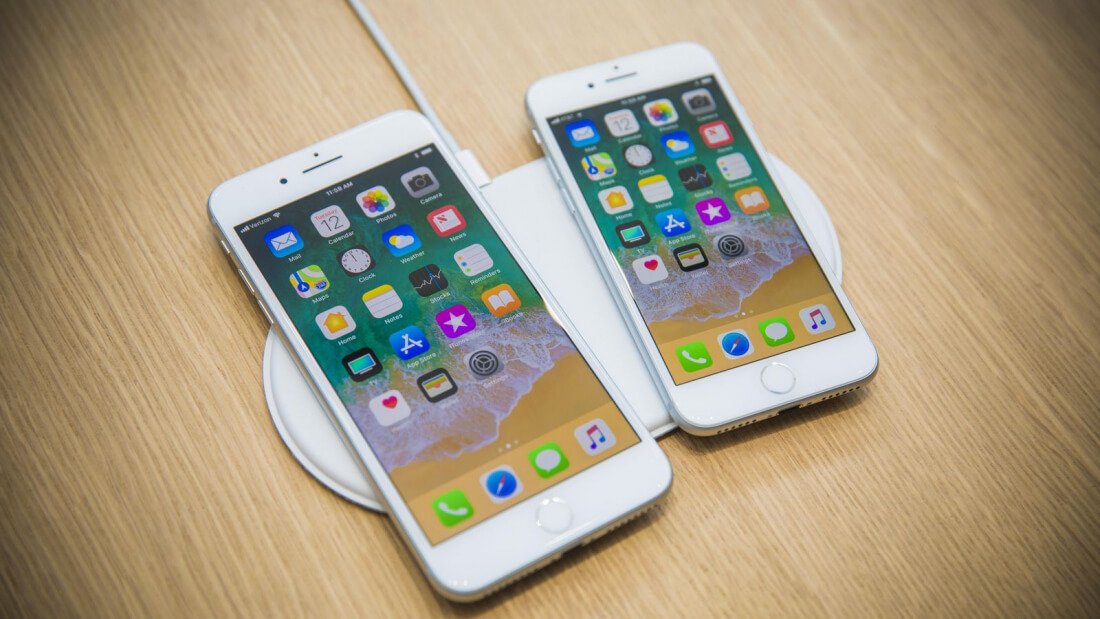One of Apple's key supply chain sources in Taiwan has reported that the tech giant has cut orders for the iPhone 8 and iPhone 8 Plus by about 50%. This drop will affect November and December orders. Following the announcement, Apple shares fell nearly 3%.
The CEO of Rogers Communication, Canada's largest mobile provider, called consumer demand for the devices "anemic." Verizon CFO Matt Ellis said there has definitely been a drop in sales compared to last year, but he expects a large jump when the iPhone X is released. AT&T said their third-quarter handset upgrades were down 900,000 units compared to last year. Analyst thoughts aside though, this is still the first time iPhone production has been reduced so early in the product life cycle.
There are two key reasons for why iPhone 8 sales have been sluggish. The first is that consumers don't see a big of enough difference from the previous generation iPhone 7 to warrant an upgrade. The other belief is that more customers than expected are holding off until the iPhone X is released. According to a carrier store survey, the iPhone 7 is currently outselling the iPhone 8.
These numbers don't necessarily show that Apple is struggling though since they earn even bigger margins on devices with higher internal storage capacity. As the iPhone X launch looms, many are still uncertain whether consumers will be willing to stomach the $999 starting price.
